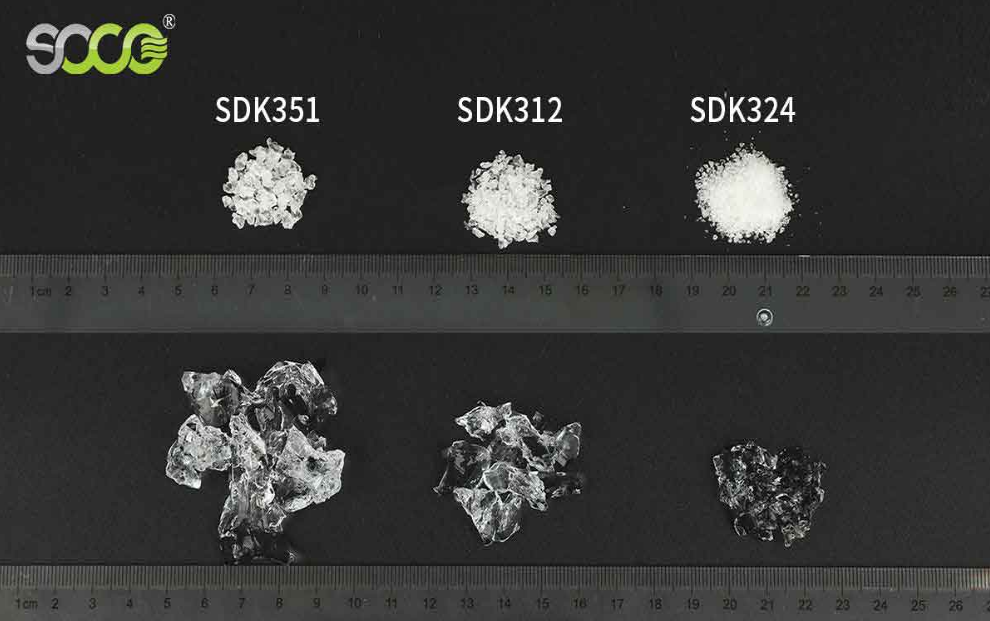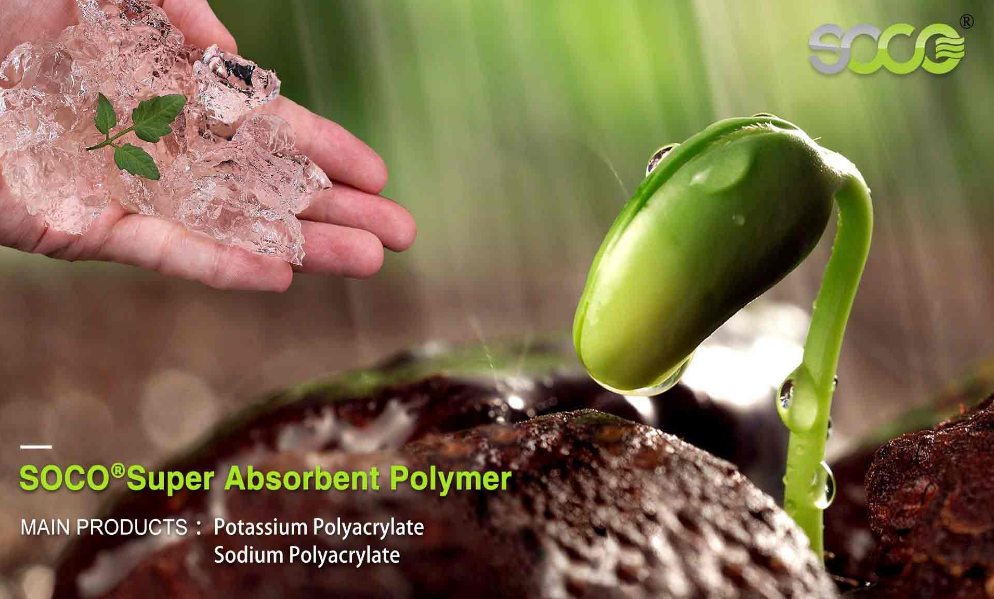As water resources become increasingly scarce, hydrogel materials are becoming more important as soil conditioners in the agricultural sector, especially in areas with limited water supply. Besides providing essential moisture to plants, another benefit of hydrogels is their ability to control the release of nutrients or agricultural chemicals, maximizing soil utilization and improving crop yields. This article will discuss the impact of agricultural hydrogels on soil quality and plant growth.

Hydrogels are three-dimensional network structures composed of natural or synthetic polymer materials with high water content and excellent flexibility. Additionally, hydrogels have high water absorption capacity, and their network structure allows them to swell in water without dissolving, making them widely applicable in fields such as biomaterials, drug delivery, tissue engineering and regenerative medicine, and agriculture.
Soil's water retention capacity is a key factor in enhancing soil quality, increasing seedling survival rates, and promoting plant growth. Agricultural hydrogel have excellent water-holding properties. They can absorb a large amount of water and release it to plants during droughts, repeatedly. In crop cultivation, hydrogels can be used as root zone water retainers. By mixing an appropriate amount of hydrogel in agriculture into the planting soil, the soil's water-holding capacity can be increased, keeping the soil moist and preventing plant drought.

Traditional fertilizers often struggle to deliver nutrients efficiently to crops, leading to excessive release of fertilizers in the crop growth environment. Exploring an excellent alternative to overcome this problem can not only significantly increase crop yields but also greatly reduce environmental burden. The hydrogel application in agriculture exhibits a reversible sol-gel transition in response to environmental changes. Due to their strong ability to store large amounts of water within their 3D network structure, they have significant advantages in the controlled release of agricultural chemicals.
The application of agricultural hydrogels can significantly enhance soil aeration and fertility, increasing crop yields and quality. Hydrogels are widely used in soil improvement, helping to improve soil structure, increase soil porosity, and enhance soil aeration and moisture transmission. By incorporating hydrogels into the soil, the physical and chemical properties of the soil can be improved, aiding in maximizing fertilizer efficiency, reducing surface evaporation, and preventing soil erosion.
Agricultural hydrogels reduce the loss and volatilization of fertilizers in the soil, thereby increasing fertilizer utilization. This not only lowers agricultural production costs but also reduces potential environmental pollution. Due to the slow-release properties of hydrogels, the amount of fertilizer applied in a single application can be reduced, ensuring that plants receive a stable supply of nutrients throughout their growth cycle through multiple applications.
The properties of agriculture hydrogels enable them to adapt to different soil types and environmental conditions. Whether it is sandy soil, clay soil, or even saline-alkaline soil, hydrogels can effectively enhance soil water retention and aeration, providing a more suitable growth environment for plants.
In conclusion, agricultural hydrogels not only show great potential in improving soil water retention but also provide new ways to promote plant growth. Compared to pure soil, soil improved with hydrogels has significantly better water retention, positively impacting plant growth. The water absorption and slow release functions of hydrogels help maximize fertilizer effectiveness, optimizing its function. As a new material with excellent properties, hydrogels demonstrate great potential in improving soil quality and promoting plant growth. Their biodegradability and renewability reduce the dependency on chemical fertilizers in agricultural production, contributing to sustainable agriculture.